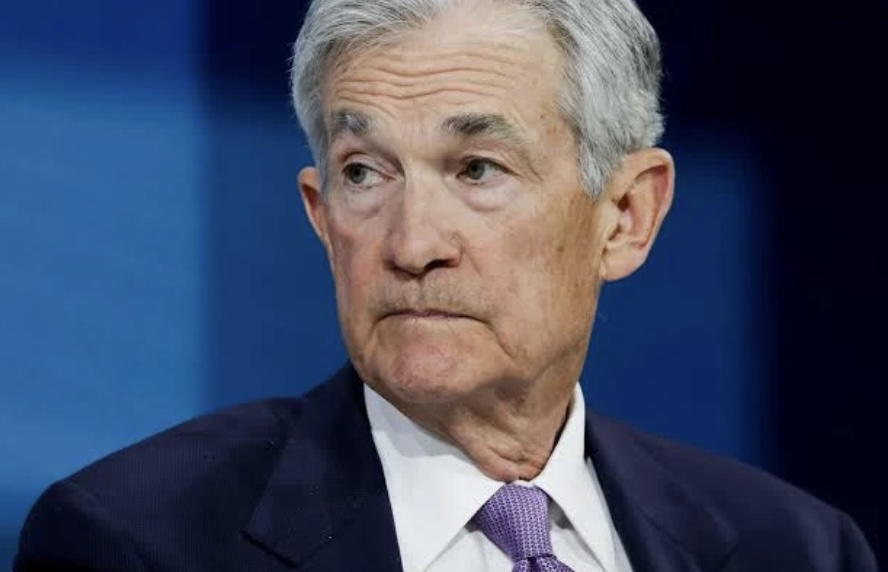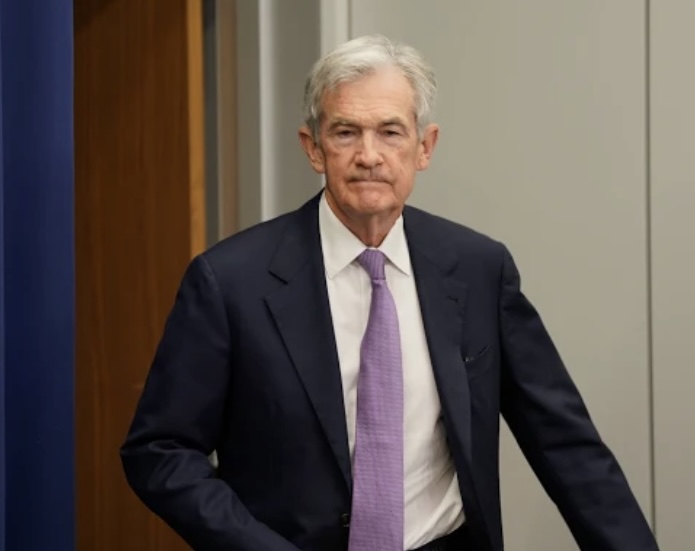Jerome Powell took the stage at Jackson Hole with his usual mix of vague warnings and self-congratulation, as if the Federal Reserve hasn’t been stumbling from one crisis to the next. He repeated the familiar script: inflation is “moderating, but not yet defeated,” while the economy is supposedly “resilient.” Translation: they don’t know if the medicine is working, but they’ll keep patting themselves on the back while the average person pays more at the grocery store and wonders if they’ll have a job next year. Powell’s speech was less an economic roadmap than an exercise in pretending the Fed is in control when everyone knows they’re just reacting late to their own mistakes.

As usual, Powell played the balancing act—hinting that rates could stay higher for longer while also dangling the possibility of cuts if things get ugly. It’s the same “we’ll watch the data” dodge that’s become the Fed’s mantra, which really means they have no clear plan beyond hoping the economy bails them out. He talked about the importance of “credibility” while conveniently ignoring that it was the Fed’s refusal to act early on inflation that torched their credibility in the first place. The man who once called inflation “transitory” now wants credit for steering us out of the mess his institution helped create.

In short, the Jackson Hole speech was classic Powell theater: carefully worded non-answers dressed up as wisdom. He managed to sound both stern and uncertain, all while leaving financial markets guessing—which, of course, is the Fed’s favorite game. Beneath the polished delivery, though, was the same story as always: the Fed doesn’t know where this ends, and Powell’s job is mostly to look calm while juggling the consequences. The reality is that families and businesses live with the fallout of Fed missteps, while Powell gets another round of applause at a Wyoming resort.
